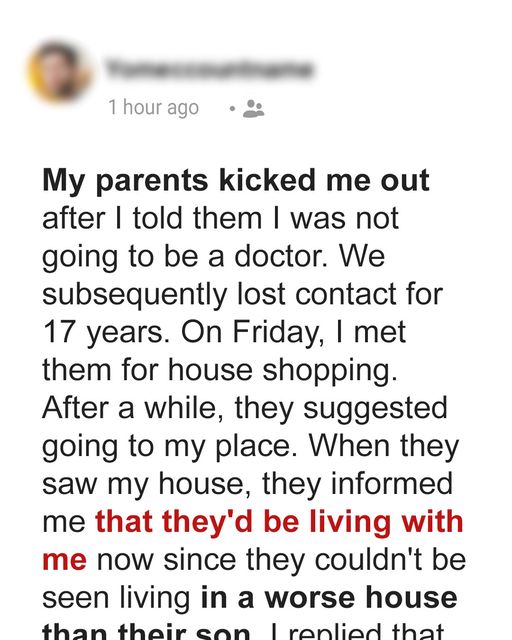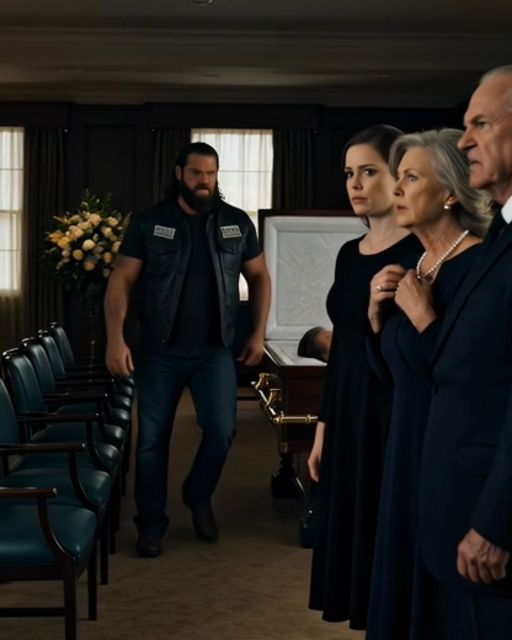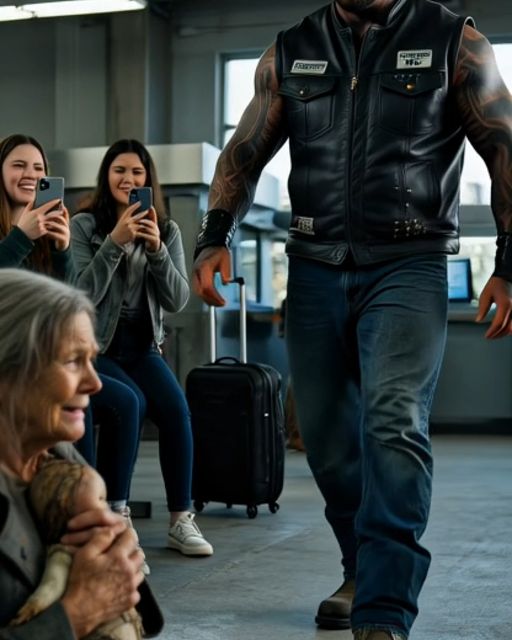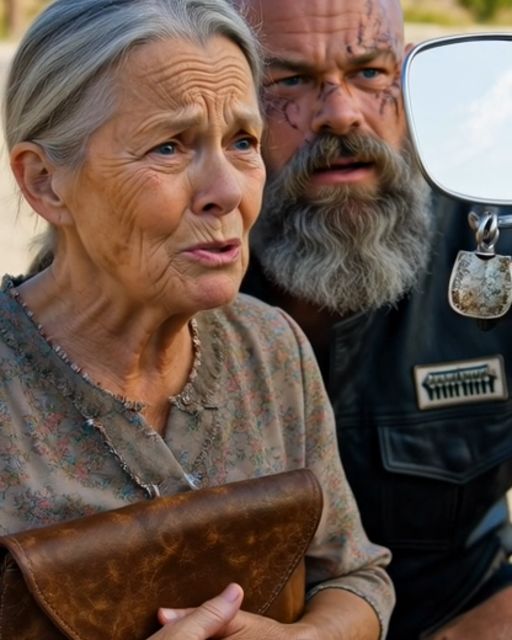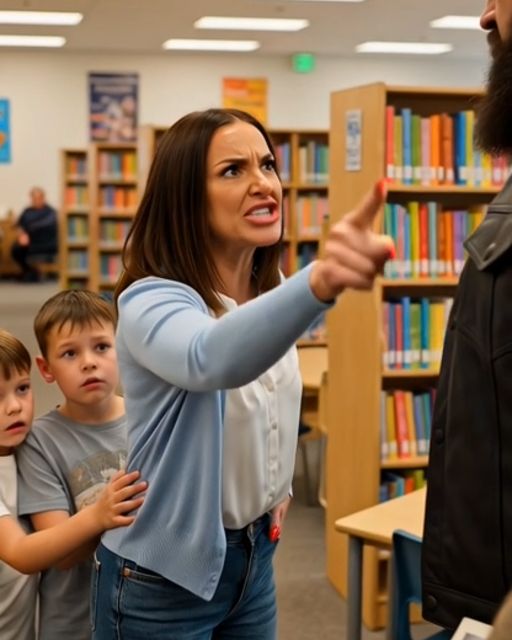At the age of seventeen, I gathered all my courage to tell my parents I had decided against going to medical school. Instead, my heart was set on acting and maybe even starting my own business.
My father looked at me incredulously, raising his hands in dismay. “Do you think life is a joke? Our family is filled with doctors. It’s in our veins. It defines us,” he said.
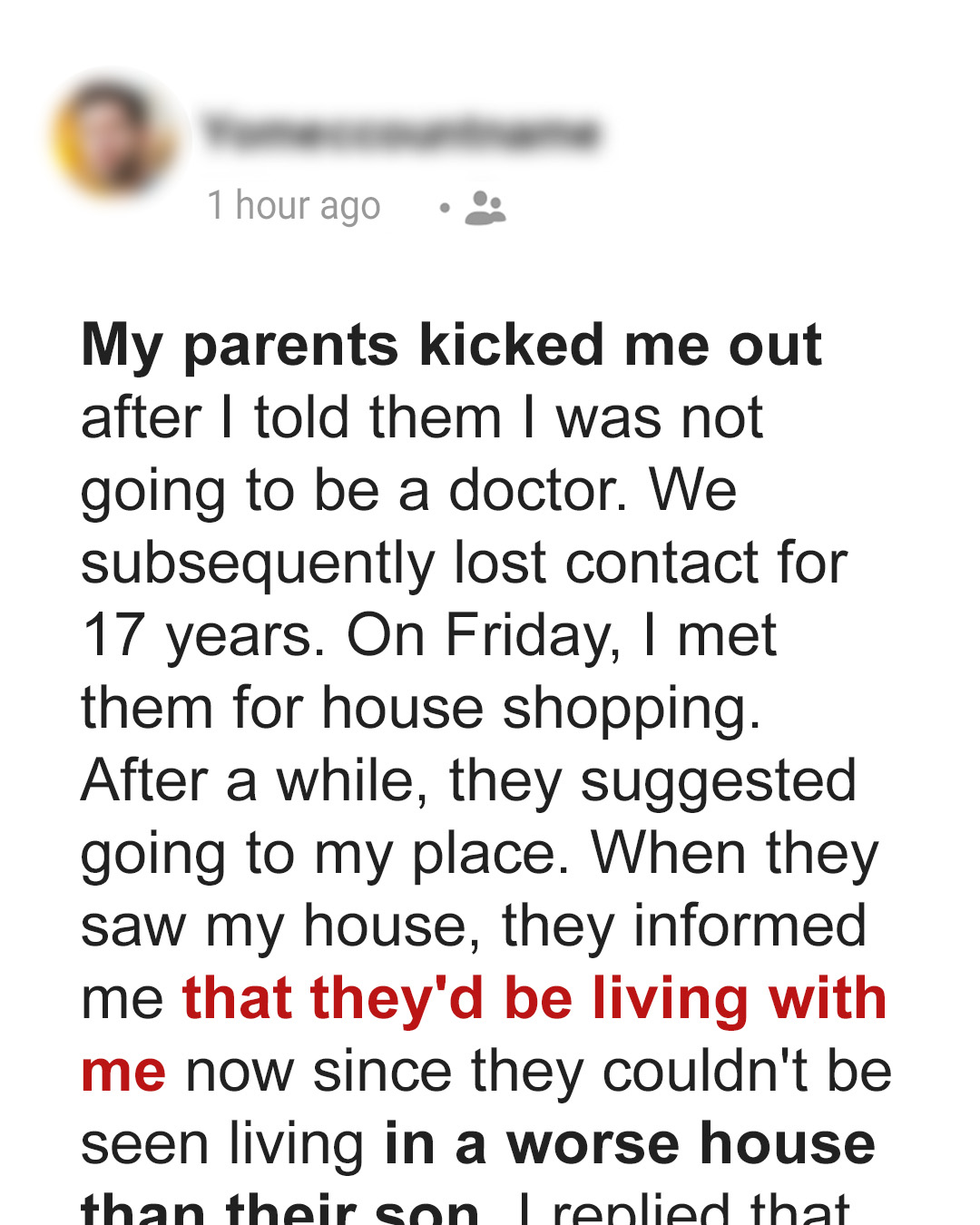
“But it doesn’t define me,” I responded, my voice nearly breaking. “That’s not the life I see for myself.”
Hoping they’d eventually understand, I stood firm. But my father’s expression turned steely, and he dismissed me with a firm shake of his head. “Then leave. If you’re not carrying forward the family legacy, you have no place here.”
Just like that, I found myself cut off. Armed only with a bag of clothes, a couple of hundred bucks, and uncertainty about what lay ahead, I moved on. I spent days couch-surfing and picking up jobs wherever I could find them just to make ends meet.
While acting roles were sparse, I worked tirelessly, eventually establishing a small business on the side. Those early days were challenging, carrying the weight of being without a support system or family.
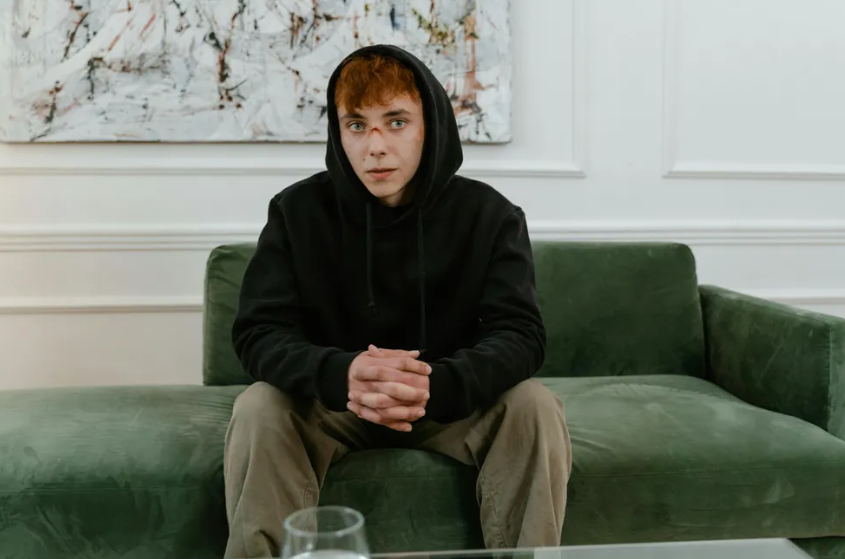
Meanwhile, my family relocated to the UK, enrolling my siblings in medical school.
My older brother became the family’s pride and joy—a renowned neurosurgeon. He ventured into cutting-edge fields, performing intricate spinal surgeries and amassing accolades. I was the one left in the shadows, the son who broke the mold and chose his own path, never discussed at family gatherings.
When my parents revealed plans to return to Sydney, I tempered my expectations. The sporadic calls asking about my well-being always seemed to lack genuine interest in the details of my life.
Inquiries about my work or achievements were never broached. I was certain they assumed I was merely scraping by.
As always, their attention was fixed on my brother, especially when he received a lucrative $750,000 job offer for a surgical position.
House hunting in Sydney introduced them to sky-high property prices, with homes in their desired neighborhoods starting around $20 million.
After a long day of viewing properties, my father sighed, his burden evident in his posture. “It seems we’ll have to settle for something smaller… or perhaps just wait,” he murmured.
“Why not visit my place before dinner?” I suggested nonchalantly. “It’s just nearby.”
“Your place?” they questioned, visibly curious.
“Sure. We’d love to see where you’re living now.”
Arriving at my home—a sleek, modern residence nestled on a quiet lot—left them momentarily speechless.
“This is your place?” my father inquired.
“Yes,” I confirmed, leading the way through the gate. As they followed, their eyes widened at the sight of the meticulous landscaping and the shimmering pool beyond.
Inside, the polished hardwood floors, expansive windows, and contemporary furnishings painted a vivid picture of my life.
My mother asked, a mix of awe and skepticism in her voice, “How much do you pay to rent a room here?”
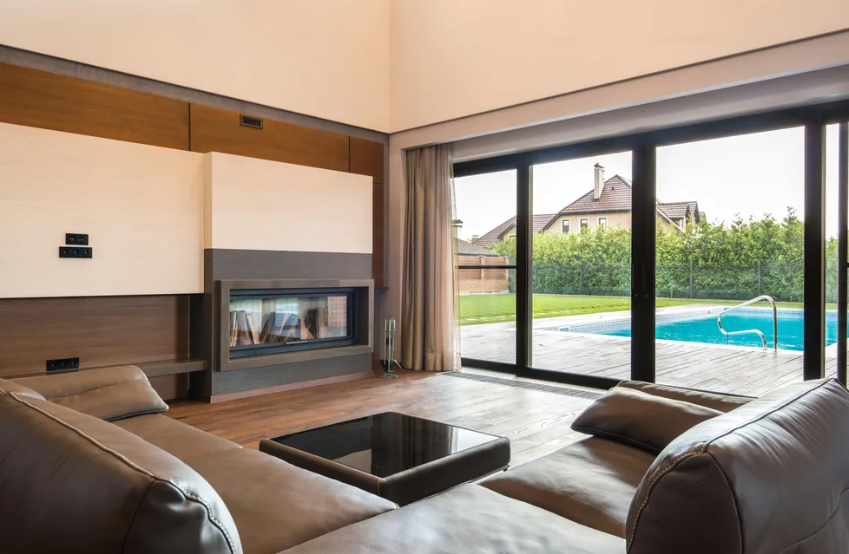
“Rent?” I chuckled lightly. “Mom, this is my house. I own it.”
Flabbergasted, they took a moment to process this revelation.
“Is this how you’ve been living?” my mother questioned, her eyes tracing the elegant interior, pausing at the glass wall overlooking the pool. “And what, you’ve been hiding it from us all these years? Lying to us?” she accused.
“Lying?” I echoed, taken aback by the accusation. “You never asked how I was really doing! For all you cared, I was struggling in some tiny apartment. You didn’t bother then; why does it matter to you now?”
“Don’t twist the situation!” my father demanded. “This,” gesturing to the elegant surroundings, “is just a facade—isn’t it? A way to flaunt what is probably money made through illegal means?”
I scoffed, folding my arms defensively. “Dad, seriously? Do you think I got this by shady means? No, I climbed my way up the banking industry. Not that you’d know since you never asked.”
“Well, clearly you are doing well for yourself,” my mother chimed in, her tone becoming softer, almost beseeching.
“We’ll stay with you—not with your brother. We can’t possibly live in a place less impressive than our son’s.”
A genuine laugh escaped me. “You seriously think you can waltz back, scrutinize me, throw wild accusations, then expect me to open my home to you? After seventeen years of silence?”
“You’re still our son,” my dad asserted, as if that was explanation enough. “We supported you to the best of our abilities.”
I met his gaze, my voice firm. “You chose to support my siblings, not me. When I was at my lowest, you turned away. That was your decision.” I paused, allowing the weight of the silence between us to sink in. “Honestly, the neighbors might take you in quicker than I would.”
Darkness crossed his features. “Fine,” he slowly articulated every word, resentment dripping from his voice. “Then you’re cut out. There’ll be no inheritance coming your way.”
Feigning concern, I replied, “Oh dear, how will I manage without the inheritance from folks who can’t afford to live in my neighborhood?”
My mom broke the silence, “We just wanted what was best for you.”
Looking into her eyes, I said, “No, you wanted what was best for you—a doctor in the family to uphold your legacy. Instead, I built my own.”
Sneering, my dad retorted, “When your little show falls apart, don’t come crying to us. You’ll regret shutting us out like this.”
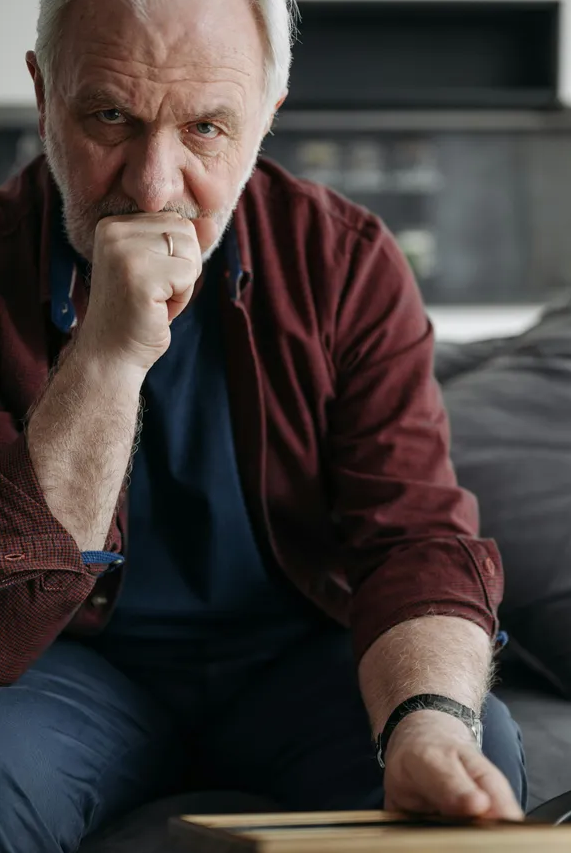
“Shutting you out?” I echoed incredulously. “You pushed me away seventeen years ago. I’m just maintaining that boundary.”
With that, I opened the door, motioning for them to leave. Sensing the finality, they hesitated, my mother’s lips quivering as if trying to find words. But silence prevailed as they reluctantly moved to the porch.
“You’re making a mistake,” my father warned, his voice a grave whisper. “This will be your regret.”
Maintaining my composure, I responded confidently, “No, I’ve already found peace with my decisions.”
